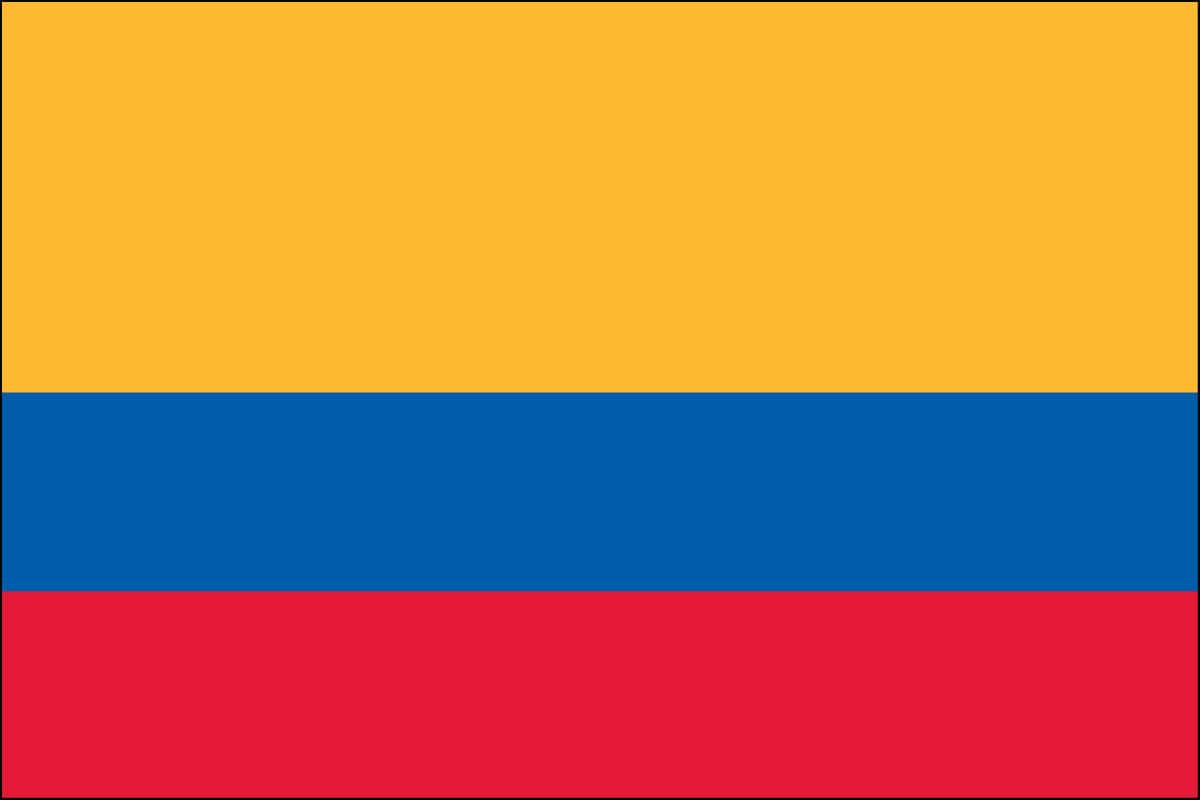For the validation of law and accounting degrees obtained abroad, a certificate must be presented as evidence of the study of subjects of Colombian law. Similarly, for education and health science degrees, a certificate of professional practice must be presented in support of the validation process.
Once the application’s viability has been confirmed (up to 30 days) the formal verification process may begin. Starting from the working day following fee payment, this may take up to 60 calendar days for the accreditation or recognition process; up to 120 days for the “administrative precedent” process; and up to 180 days for academic evaluation.
Impact
Foreign nationals intending to work in Colombia, and their employers, will need to take into account the new degree validation requirements and processing times.
Our Advice
Employers who may be affected are encouraged to contact a Wolfsdorf Rosenthal immigration attorney or email Global@Wolfsdorf.comfor case specific advice.


